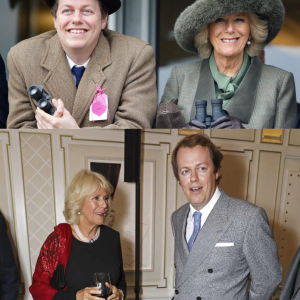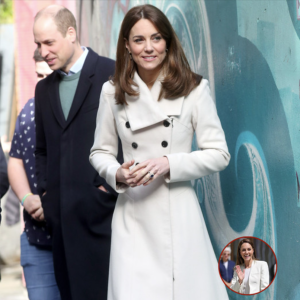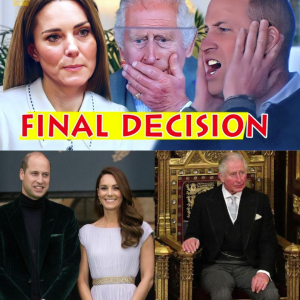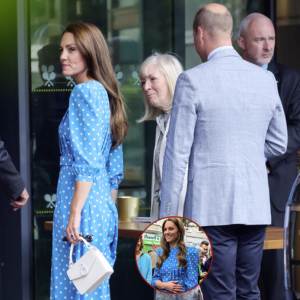King Charles’ RUTHLESS DECISION left Prince Andrew’s SHOCKED and Frightened Marke A Great Purge
In a move that has sent shock waves through the British royal family, King Charles III has made a definitive and ruthless decision regarding the future of his younger brother, Prince Andrew, Duke of York.
The monarch has reportedly decided to permanently exile Prince Andrew from his residence at Windsor—a drastic measure that underscores the king’s commitment to redefining the Royal Family’s image in the wake of scandals and public scrutiny.
According to royal insiders, King Charles has been considering this decision for some time, weighing the potential consequences and the impact on the family’s public image.
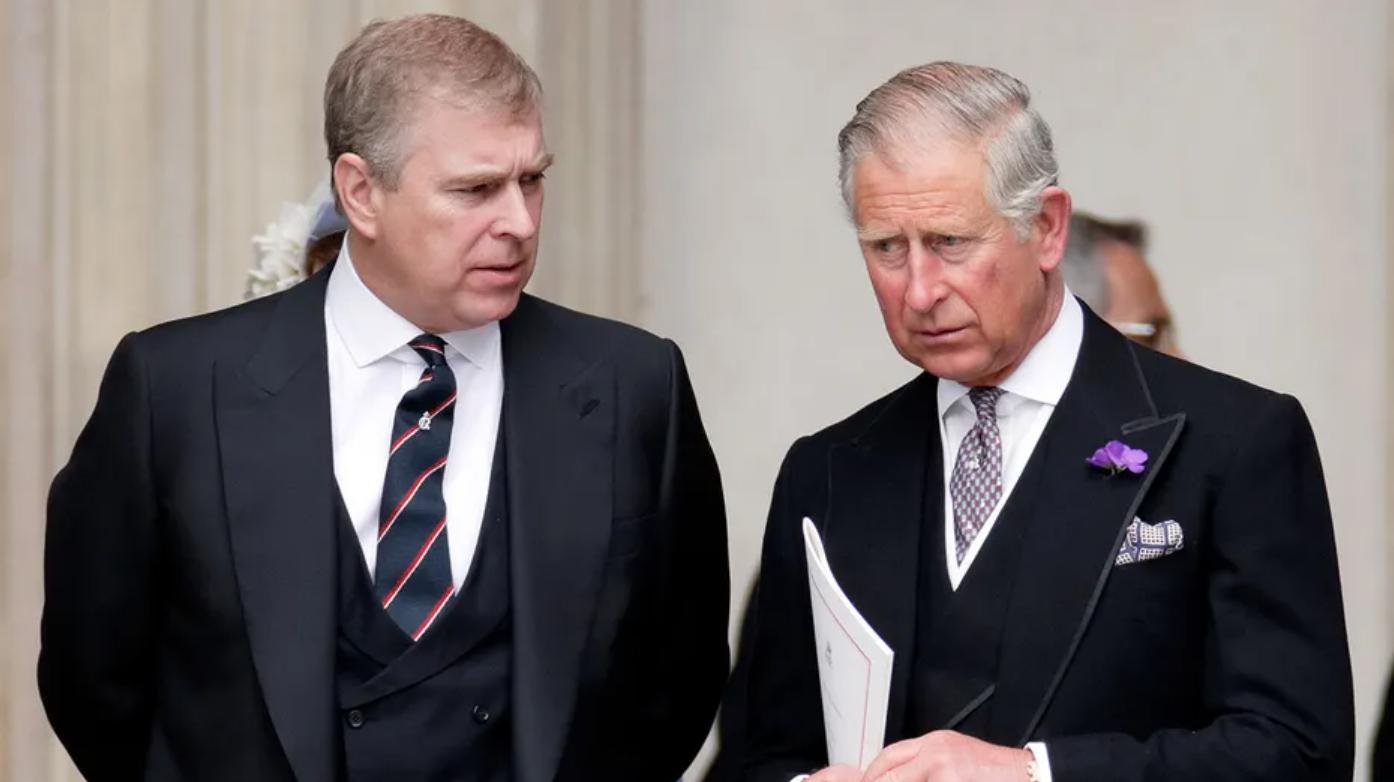
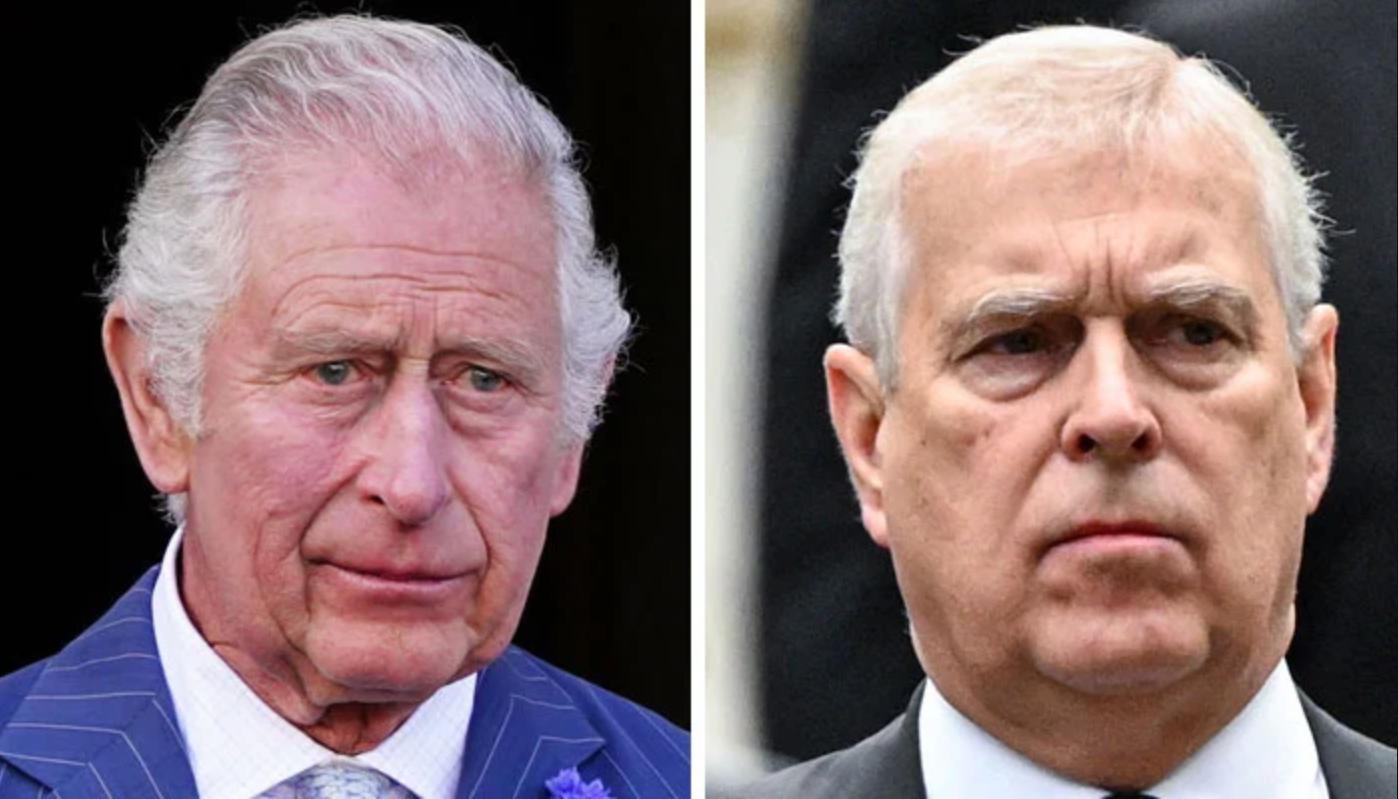
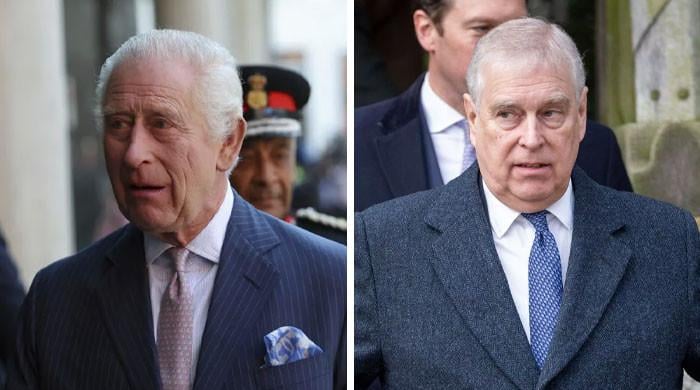
The decision follows a series of events that have severely tarnished Prince Andrew’s reputation, leading to his withdrawal from royal duties and a growing distance from the core of the royal family.
For years, Windsor has been more than just a residence for the Duke of York—it has been a sanctuary during some of the most challenging periods of his life. The prospect of being forced out of this familiar environment is not only a personal blow but also a public manifestation of his fall from grace.
Prince Andrew’s troubles began to mount in recent years, primarily due to his association with offender Jeffrey Epstein. The scandal, which erupted in 2019, severely damaged Andrew’s reputation and led to his withdrawal from public duties. Despite his attempts to defend his actions and clear his name, the controversy has continued to overshadow his life, leaving him increasingly isolated within the royal family.
King Charles, who ascended to the throne with a clear vision of modernizing the monarchy, has shown little tolerance for anything that could tarnish the Royal Family’s image. His decision to expel Andrew from Windsor is a stark indication of his determination to distance the monarchy from any lingering scandals. The king’s focus is on a streamlined, scandal-free royal family that reflects the values and expectations of contemporary society.
The decision to remove Prince Andrew from Windsor is not just about reclaiming a royal residence; it is a symbolic act of cleansing the monarchy from the remnants of past controversies. By making this bold move, King Charles is sending a clear message that there is no place for those who could bring disrepute to the family, even if they are close relatives.
This is consistent with the king’s broader strategy of maintaining a smaller, more focused group of working royals, each of whom is expected to carry out their duties with the utmost integrity. For Prince Andrew, the loss of Windsor represents much more than displacement from his home—it is the final severance of his ties to a life of royal privilege and the public role he once played. Windsor has long been a symbol of his royal status, and its loss is a painful reminder of the consequences of his actions and the scandal that has forever altered his destiny.
The decision has reportedly left Prince Andrew devastated. The Duke has always maintained that he was innocent of any wrongdoing, and he had hoped to quietly live out his days in Windsor, away from the public eye. However, King Charles’s determination to protect the monarchy’s reputation has led to this uncompromising stance, leaving Andrew with few options for the future.
The exile from Windsor also raises questions about Prince Andrew’s next steps. Without a royal residence to call home, where will the Duke of York go? How will he support himself, given that he has been largely stripped of his public roles and the income that came with them? Moreover, what will be the impact on his already strained relationships with other members of the royal family, particularly with King Charles?
The king’s decision has also sparked a wider conversation about the future of the monarchy itself. As King Charles seeks to modernize the institution, the move to exile his brother can be seen as part of a broader effort to ensure that the royal family is seen as relevant and in touch with public sentiment. The monarchy’s survival has always depended on its ability to adapt to changing times, and this latest decision is a clear sign that King Charles is willing to make tough choices to secure its future.
